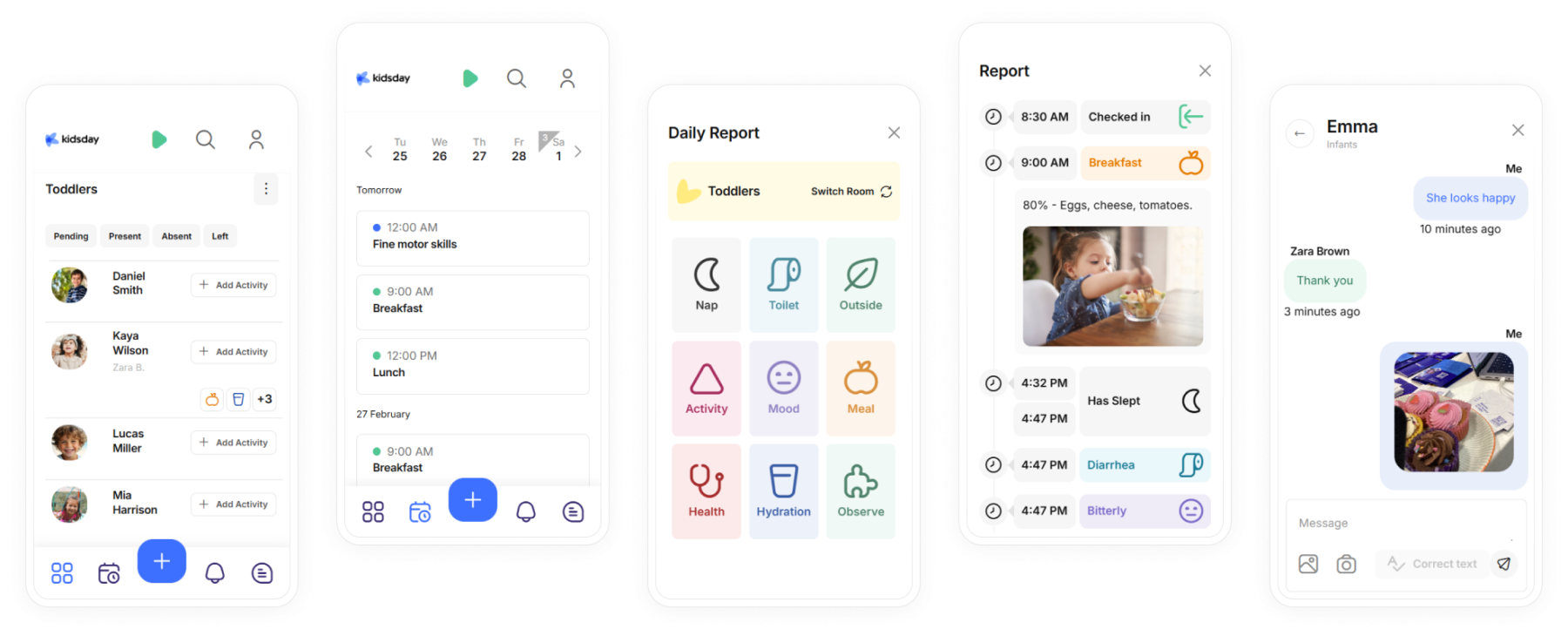In every early childhood education center, the foundation of quality care and learning lies in the hands of dedicated educators. While the administrator’s role typically involves managing operations and logistics, it goes much deeper: nurturing a professional team, especially by mentoring new educators, is one of the most impactful responsibilities an administrator can take on.
Why is mentoring new educators so important?
New educators, even those with strong academic backgrounds, often face challenges during their first months: adjusting to routines, managing a classroom, communicating with parents, and integrating into the team. Without proper support, these challenges can lead to burnout or high turnover.
Mentorship gives them the tools, confidence, and reassurance to overcome these hurdles, grow professionally, and become long-term contributors to the team.
The key role of the administrator in mentoring
Administrators who view themselves not only as managers but also as supportive leaders can have a transformative impact on their staff. Here’s how administrators can play a powerful role in mentoring:
1. Creating a supportive culture
A positive, welcoming environment encourages open communication and learning. New educators should feel safe asking for help, sharing ideas, and learning from others.
2. Assigning a peer mentor

Pairing a new educator with an experienced team member helps create consistency, build trust, and ease the transition. The mentor can offer day-to-day advice, teaching strategies, and emotional support.
3. Observing and giving regular feedback
Classroom observations followed by constructive feedback give new educators a clear path for improvement and growth. This builds accountability and professional confidence.
4. Organizing regular check-ins and training sessions
Monthly one-on-one check-ins and professional development opportunities show new staff that their growth matters. These can be structured through tools like kidsday to ensure continuity and documentation.
5. Modeling strong communication with parents
Administrators can lead by example when it comes to family engagement. Teaching new educators how to build strong, respectful relationships with parents strengthens the overall culture of the center.
How Kidsday supports the mentoring process

With Kidsday, administrators have a clear overview of educator activity, communication with parents, and classroom updates. This makes it easier to provide timely, data-driven feedback and support.
Features like planning daily activities, sending updates to parents, managing events, and generating attendance reports help educators especially new ones stay organized and focused on their core mission: caring for and educating children.
Mentoring isn’t just a support system it’s an investment in long-term quality and stability. When administrators take an active role in developing their team, especially new educators, they create a more motivated, confident, and committed staff and ultimately a better experience for every child.








